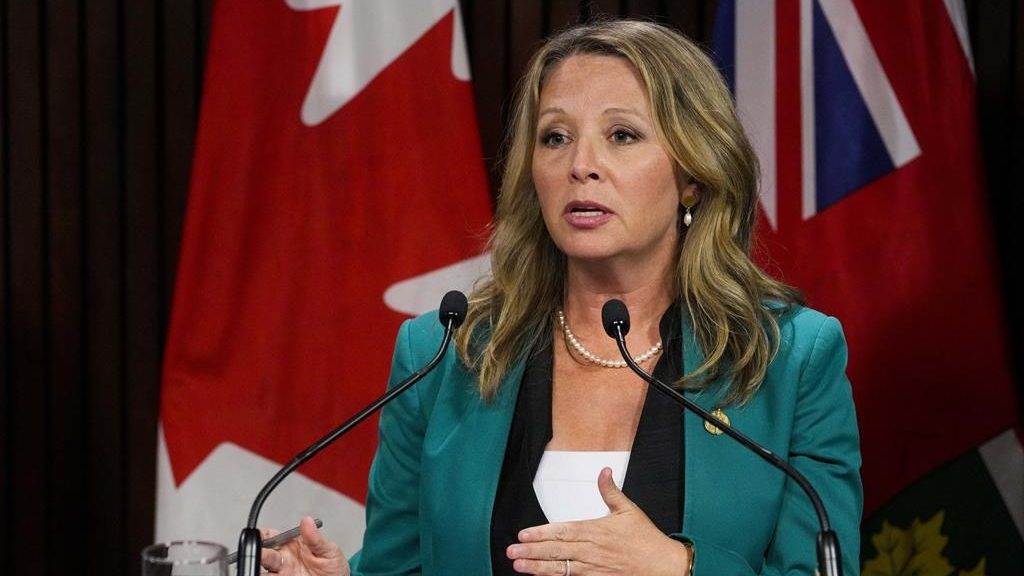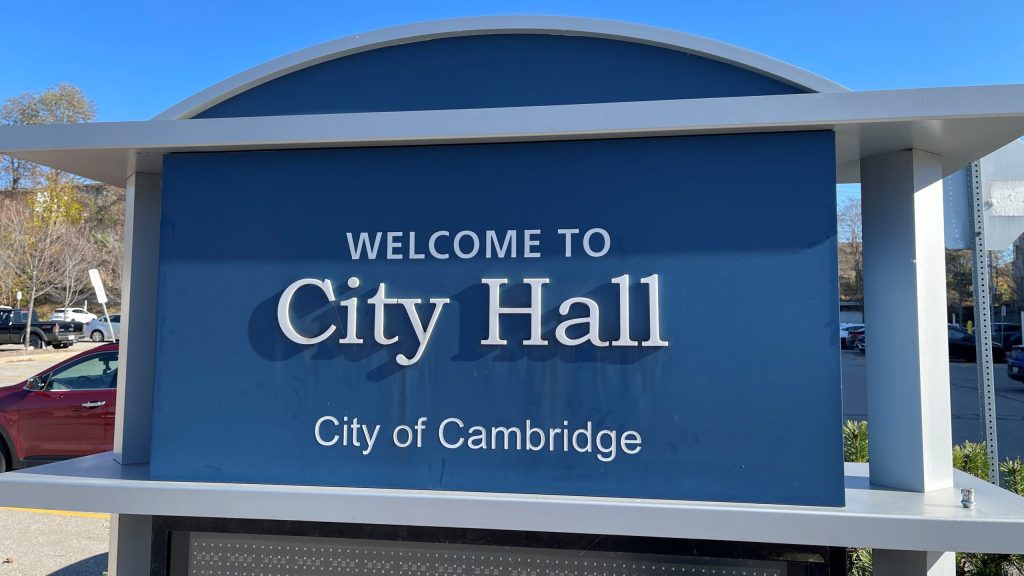Peladeau gives PQ credibility and perhaps a future Quebec independence fighter
Posted Mar 10, 2014 01:07:00 PM.
This article is more than 5 years old.
MONTREAL – The Parti Quebecois’s stunning addition of one of Canada’s most-powerful media tycoons has brought a towering figure to the party ranks, a recruit who could help win a majority government and serve as a leader in any eventual quest for Quebec independence.
The arrival Sunday of Pierre Karl Peladeau, the multi-millionaire owner of Quebecor Media Inc. (TSX:QBR.B), was aimed at providing an immediate boost to the PQ’s efforts to eliminate doubts it can be a good economic manager.
But Peladeau, 52, also gives PQ leader Pauline Marois a charismatic candidate with a celebrity-like status in the province.
Over the years, Peladeau, who hails from a prominent family, became even more of a household name through his long relationship with Quebec TV star and producer Julie Snyder, a union that recently ended.
His media empire includes the province’s most-read tabloid newspaper and its most-watched TV network. It also owns a 24-hour news TV channel and Videotron, Canada’s third-largest cable services provider.
Peladeau’s business interests have even endeared him to hockey diehards via his long-running push to bring the NHL back to Quebec City, where he enjoys a good relationship with its popular mayor, Regis Labeaume.
The PQ will now use his reputation in hope of making the party more appealing to voters on the centre-right, a key demographic in its drive to win a majority mandate.
Longer term, Peladeau could eventually emerge as a strong leader of Quebec’s sovereignty movement. He announced Sunday he has a dream to see Quebec become a country.
McGill University political scientist Antonia Maioni said while it would take more than one person to lead pro-independence troops in another referendum, she believes Peladeau’s star status, media savviness and eloquence could make him a formidable opponent for those trying to keep the country intact.
“It’s not about the person, it’s about the message and about how it’s conveyed and what it says … I think it that sense, yes, he’s a powerful contribution,” said Maioni, who highlighted long-sought business chops he brings to the PQ from Quebec Inc.
“He may or may not become the poster boy for sovereignty, but certainly he gives credibility to the economic side of the sovereignty equation that will, I think, make a lot of people stand up and take notice.”
For now, Maioni said he helps give the PQ, which polls have suggested could be close to forming a majority, a “headliner ticket” for the election campaign.
Peladeau, however, has long been a polarizing figure in Quebec, particularly due to his drawn-out battles against the labour movement. The unions have have been an historic and influential source of support for the traditionally centre-left PQ.
“I think the strategy is to open up a front on the right for the Parti Quebecois,” said Alain Gagnon, a political scientist at Universite du Quebec a Montreal.
He predicts Peladeau’s place in the PQ will also cause divisions within a party known for its occasional bouts of internal turmoil.
“The inconvenience is that it gives the impression that the left, which had been the historical anchor of the Parti Quebecois, is crumbling more and more,” Gagnon said of Marois’s gamble on Peladeau.
“If the party doesn’t get a majority, it will definitely complicate things.”
The media baron’s new endeavour has raised concerns about his company’s influence on political coverage in Quebec, even though he has resigned as vice-chairman of Quebecor.
A day after his plunge into provincial politics, he earned considerable praise in the pages of Quebec’s most-popular newspaper — one he happens to own.
Columns in the flagship paper of Peladeau’s empire described him as a magnificent catch, a game-changer for Premier Pauline Marois and bad news for supporters of Canadian unity.
Several opinion writers in Monday’s Le Journal de Montreal also said Peladeau delivers instant credibility to the PQ as it tries to beef up its economic record.
Peladeau insisted his media outlets would maintain independent coverage and said he would retain his ownership stake in the company by placing his investments in a blind trust.
In Monday’s Le Journal de Montreal, the front page featured a photo of Peladeau, while there were a half-dozen columns inside that discussed Peladeau’s high-profile candidacy.
Michel Hebert wrote in a column titled, “Peladeau says Yes!” that Marois’s manoeuvre to land him was “a masterful coup!” and that it could be “decisive” in the outcome of the election.
On Page 3, J. Jacques Samson wrote that Peladeau was the biggest fish in Quebec society he had ever seen enter the political arena in half a century.
For her part, pro-Canada columnist Lise Ravary wrote, “For the Quebecer viscerally attached to the idea of Canada that I am, it’s very bad news.”
She also predicted he would set off “Peladeaumania” and “not just because his eyes are the colour of the Quebec flag.”
However, Peladeau’s decision to run also attracted criticism in the newspaper, as some columnists explored the negative sides.
Richard Martineau warned in the tabloid how Peladeau might divide people and how he could stir fears in the PQ’s left flank about the influence he might wield within the party.
Martineau also wrote how Peladeau’s presence within the PQ could push the party into a zone of “major turbulence.”
On Page 2, the newspaper’s editor-in-chief wrote an editorial aimed at reassuring readers it would maintain its diverse opinions.
Dany Doucet said Peladeau would get the coverage he deserves.
“If he, and the PQ, have more-difficult days, they will get the suitable treatment,” he wrote.
Quebecor, founded by Peladeau’s father, has a number of holdings in Quebec, including Videotron, Le Journal and fellow tabloid Le Journal de Quebec, as well as the French-language TVA television network and the 24-hour TV news channel LCN.
Outside of the province, Quebecor owns the Sun chain of newspapers and the Sun News Network.
On Monday, Liberal Leader Philippe Couillard expressed concerns about Peladeau.
“We must ask what Mr. Peladeau’s direct influence is on the editorial line, on the front page, on the treatment of information by media outlets that he controlled before the election, during the election and after the election,” Couillard said.
“These questions have not had satisfactory answers.”
On Monday morning, Peladeau told reporters he would not sell his Quebecor shares, even if he were told to do so by the province’s ethics commissioner.
He said he will talk to commissioner Jacques Saint-Laurent if he’s elected April 7, so they can discuss any risks of conflict of interest between his company’s operations and those of the government.
But Peladeau insisted he would not off-load the shares.
“I have no intention of selling my shares,” said Peladeau, Quebecor’s controlling shareholder.
“The proxy who will receive the mandate to manage the trust will have clear and precise guidelines — and selling Quebecor is out of the question.”
Peladeau also said he wants to ensure the company’s head office stays in Quebec.
Marois, who joined Peladeau at Monday’s news conference, said he will have to abide by Saint-Laurent’s demands.
On Monday afternoon, however, the PQ issued a statement quoting Peladeau as saying he would go along with Saint-Laurent’s demands.
“I will respect the law and the code of ethics and deontology for the members of national assembly, as well as all the directives that will be issued (by Saint-Laurent).”
The release did not specifically state what he would do if he were told to sell his shares.
A former top executive at pension-fund manager La Caisse de depot said he didn’t think putting Peladeau’s shares in a blind trust would go far enough.
Michael Nadeau, who worked with Peladeau on the strategic move in 2000 to buy Videotron, said it would be important to avoid any issues over transparency when it comes to such a big media company.
On Peladeau’s emergence as a member of the PQ, Nadeau said the fact he’s willing to take a chance on independence is a big boost for the party.
“It’s not just separatist dreamers,” he said.
“Now you have a guy who has been very successful managing thousands of employees, managing billions of dollars of assets — now this guy is saying, ‘I think I’m ready to take the risk.’ “
— with files from Pierre St-Arnaud and Ross Marowits
Follow @AndyBlatchford on Twitter










